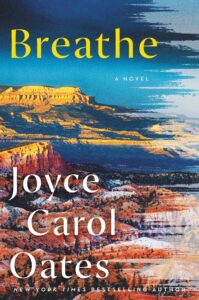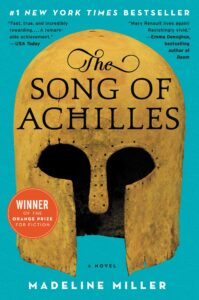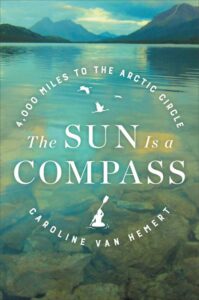Brené Brown
Nonfiction 2021 | 297 pages

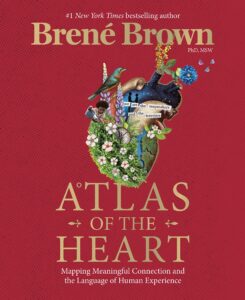
(My website encountered the “white screen of death.” In recovering my site, thank goodness, I lost only one post. So, here it is again ... my apologies if this or a similar version reaches you twice).
This may be the most difficult blog post I have written. It is a mixed review, for sure!
I am not a fan of Brené Brown. I find her assumption offensive: that people are broken, in need of help or assistance, even unhealthy. This, of course, is the opposite of a coach who works from the starting point and the basic assumption that people are already strong, wise, healthy, and effective in their lives. Plus, Ms. Brown has a love affair with the concept of shame. I am a surprised at how often "shame" comes up even in this book ... it is a frame she returns to constantly. And I find I disagree with her adamant claim about shame: “We all have it. Shame is universal and one of the most primitive emotions that we experience. The only people who don’t experience it are those who lack the capacity for empathy and human connection.” (pg 136)
Nevertheless, I thought Atlas of the Heart sounded intriguing and interesting. And it is.
The further I read, the more respect I gained for this book. It isn't really an "atlas" in the sense of a map. It is more a dictionary or an encyclopedia. She writes two or three pages on each of 88 emotions, incorporating many research studies, stories, quotes, and art; making the descriptions of each emotion rich. And when she makes distinctions, such as between envy and jealousy, and among discouraged, resigned, frustrated, disappointed, and regretful ... she relates quite helpful differences.
Of course, I don't always agree with her definitions or distinctions. I think she has joy and happiness 180 degrees off; I would switch the definitions around. But wrong or right doesn’t matter much ... I appreciate her causing me to think and clarify for myself.
Since there is not a plot, nor a single unifying message, I struggle with deciphering how this book "fits" in my life. I came to this conclusion: it is a book to have on a table in the living room, or on a side counter in the kitchen. Any place you might wonder what emotion you are feeling or find yourself interested in a broader and deeper definition of an emotion, is where this book should live. I have already opened it to reread about a particular emotion, maybe five times, and sent copies of pages to clients.
The detractors: I wish she had written fewer stories from her own family and more stories of other people in the world in other circumstances. And I wish she had posed questions to ask the reader to ponder. Her writing style is quite didactic. Irritatingly, she refers to her prior published works so often in Atlas of the Heart, I wonder how much is new. It is a long commercial for her other published works.
Nevertheless, on final analysis, even with its flaws, I do think this beautiful book (be sure to read it in hard cover to get the full experience) is quite worth your while. Yes, I believe it is worthy of four heats. What do YOU think of it?
Thank you, Thom, for this lovely gift.
January, 2022
![]()
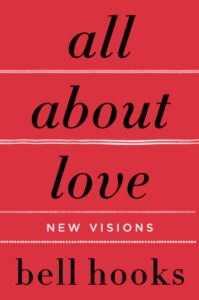

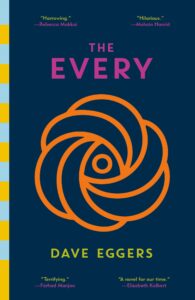

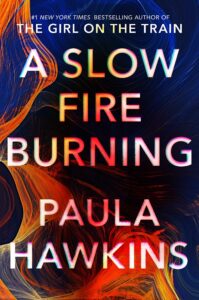
 I am disappointed in this graphic memoir, which took Thi Bui years and years to write. It reads more as history than a memoir or an intimate story. It does not have the heart of the graphic memoir I recently read, They Called Us Enemy by George Takei. The Best We Could Do tells a special, unique, and complex story about the generations who preceded Thi and her siblings in Vietnam and the United States, and does not succeed at painting a broad-brush picture to help us better understand what it was like for other families emigrating from Vietnam after the fall of South Vietnam. That being said, I am glad I persisted to the end. The last third explains the concept of "boat people" and depicts the reality of the first few weeks after entering this country. I also enjoyed the graphics .... rendered completely in black, white, and orange.
I am disappointed in this graphic memoir, which took Thi Bui years and years to write. It reads more as history than a memoir or an intimate story. It does not have the heart of the graphic memoir I recently read, They Called Us Enemy by George Takei. The Best We Could Do tells a special, unique, and complex story about the generations who preceded Thi and her siblings in Vietnam and the United States, and does not succeed at painting a broad-brush picture to help us better understand what it was like for other families emigrating from Vietnam after the fall of South Vietnam. That being said, I am glad I persisted to the end. The last third explains the concept of "boat people" and depicts the reality of the first few weeks after entering this country. I also enjoyed the graphics .... rendered completely in black, white, and orange.
